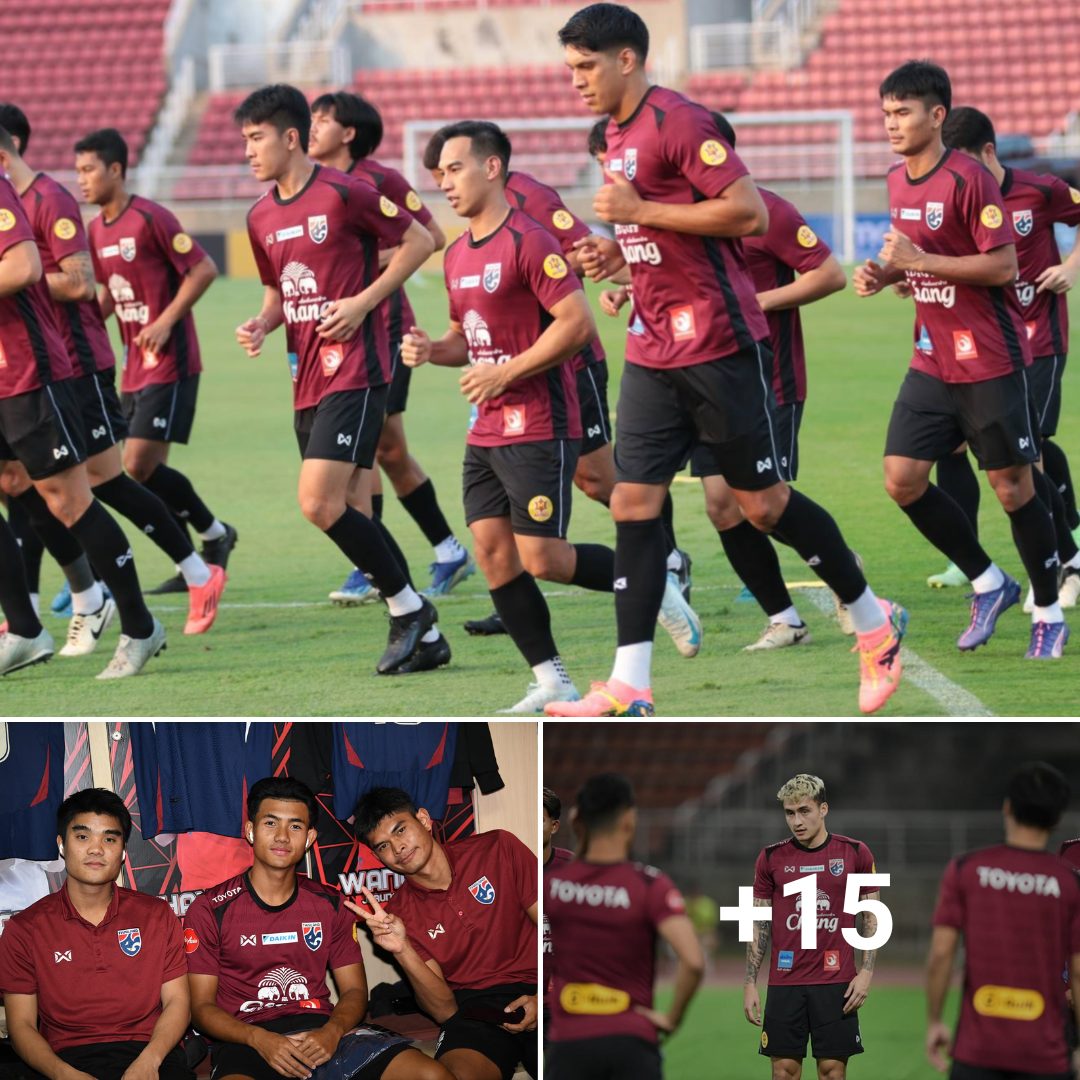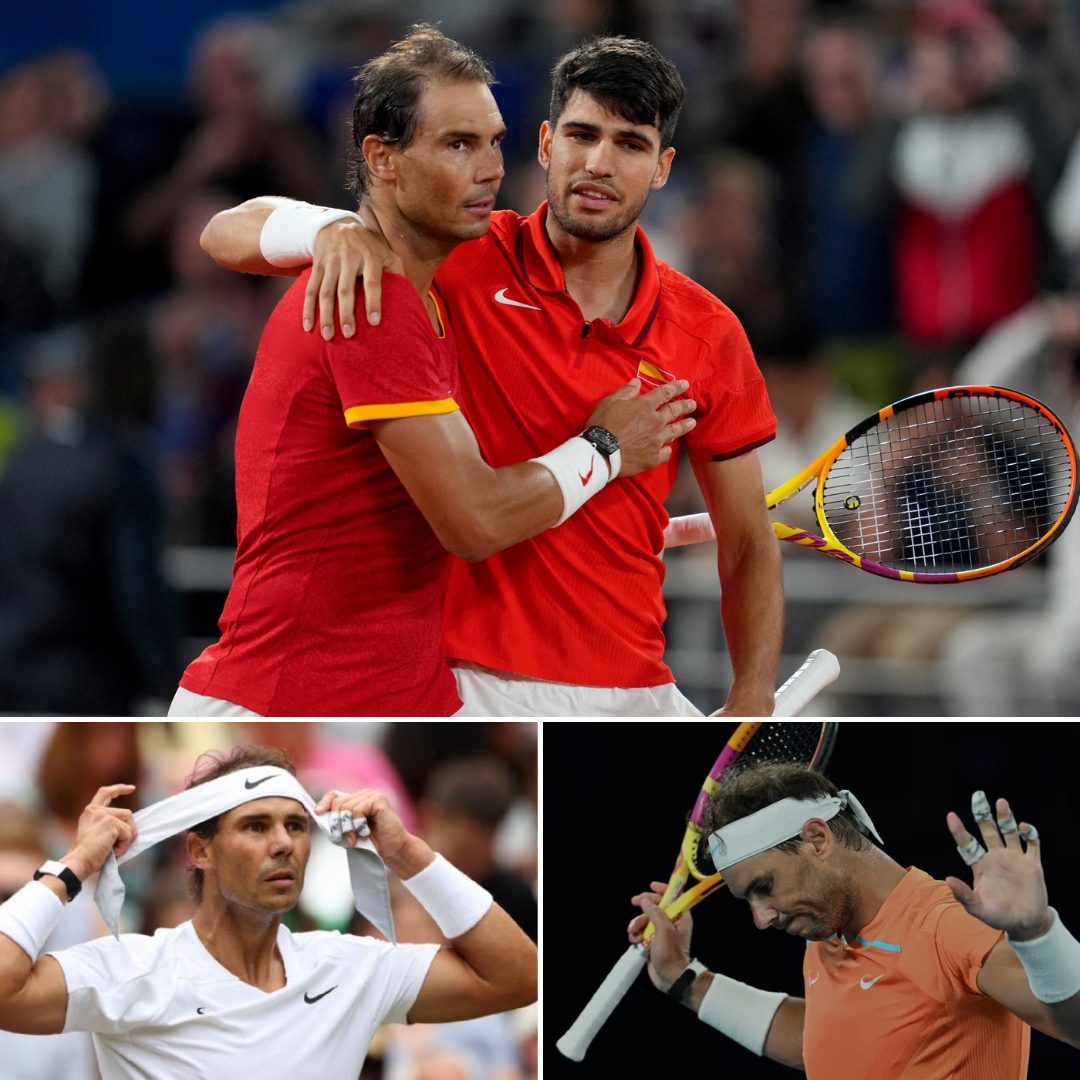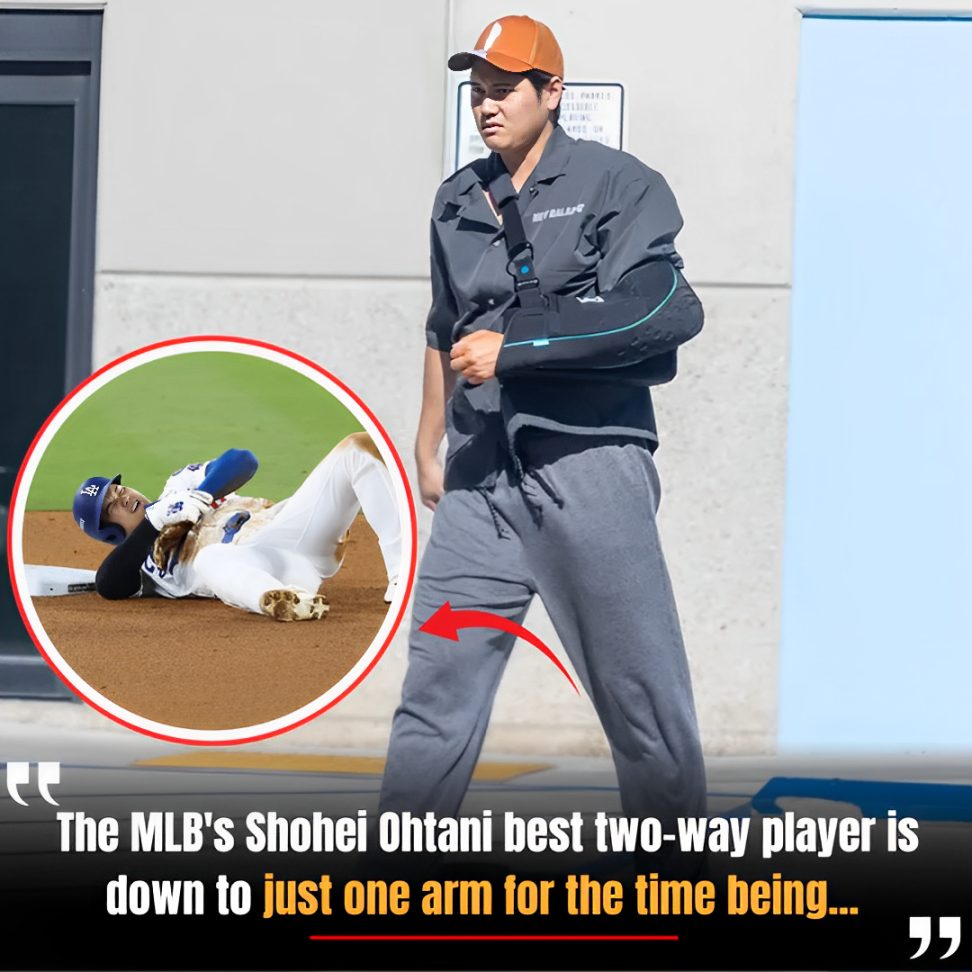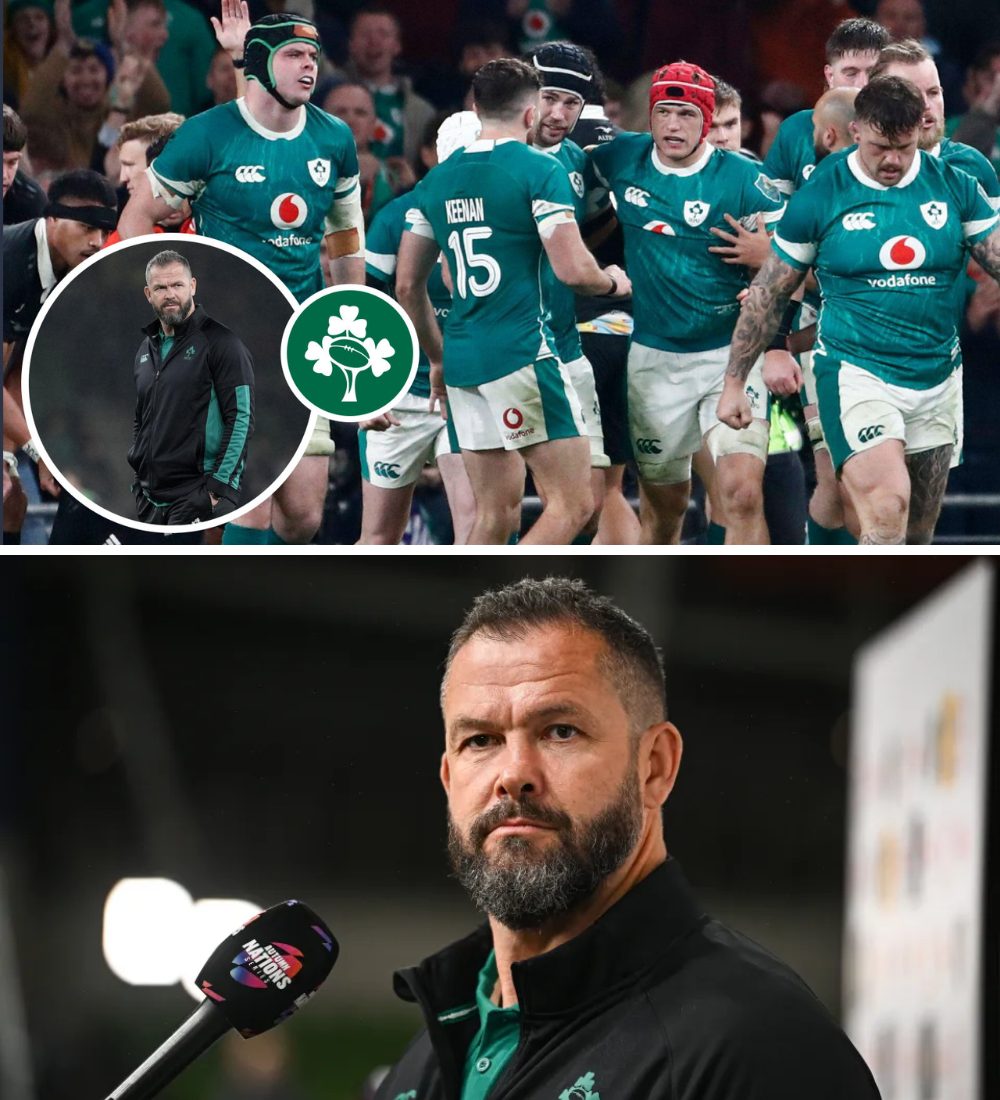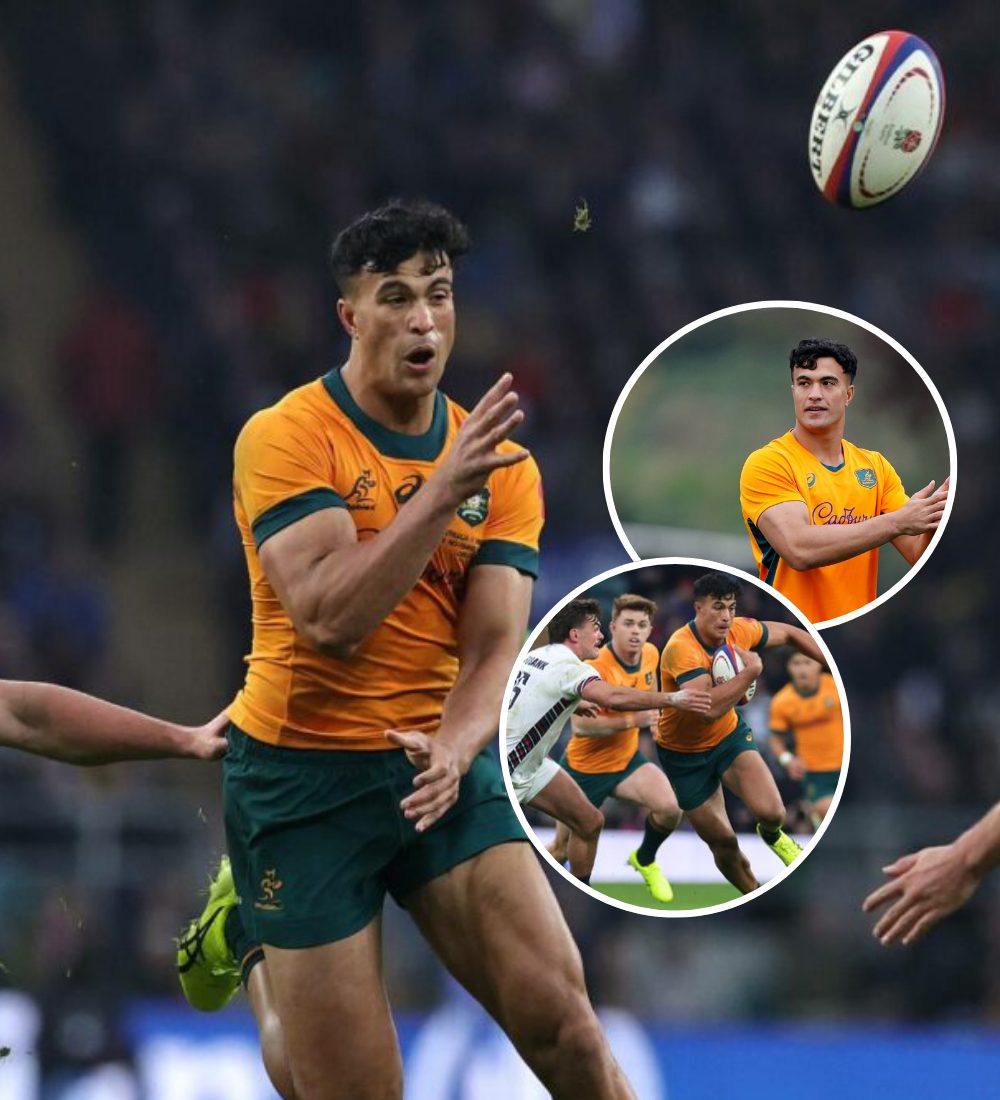Joe Schmidt might have two more wins on the board than Eddie Jones did from his first nine Tests in charge, but the Wallabies are still miles away from where they need to be to re-establish themselves as a global threat.
In fact, given the departure of Carter Gordon, the Wallabies might have gone backwards from where they were in 2023.
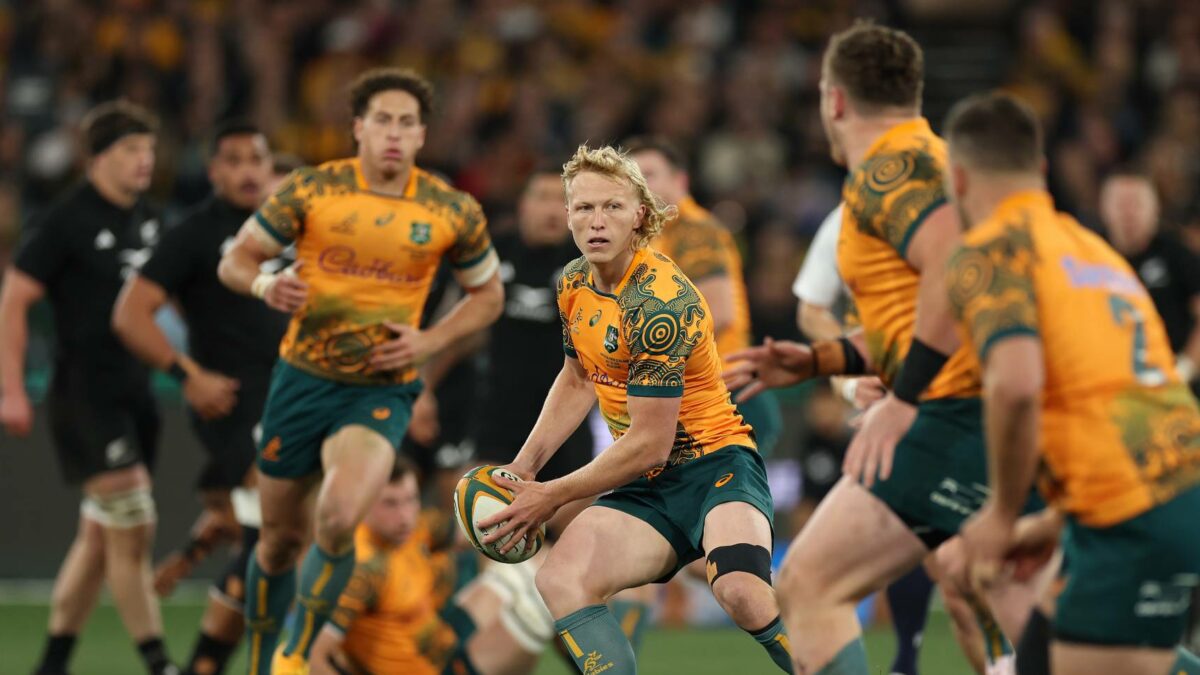
As much as the public wants to think progress has been made, the satisfaction levels come more from the silence off the field than any perceived noise on it.
Indeed, the best 40 minutes the Wallabies have delivered on the field over the past two years remains under Jones when the Wallabies held a 17-3 lead over the All Blacks at half-time in Dunedin last year. Of course, it wasn’t enough as Richie Mo’unga sunk the Wallabies 23-20 to signal the end of Quade Cooper’s international career.
On that afternoon, Pone Fa’amausili banged the line in the absence of Taniela Tupou and Allan Alaalatoa, Tom Hooper had punch in contact, Rob Valetini bashed the door down, Tate McDermott probed the line and Gordon ran at it.
Nothing in 2024 comes close to the 40 minutes the Wallabies delivered in the New Zealand south that afternoon. There they struck fear into the world by winning the contact zone and generating rapid ruck speed.
Even though few will remember it, the Wallabies’ first 40 against France in Paris ahead of the World Cup showed glimpses of a world class team in the making as Jones’ scrum took it to Fabien Galthie’s while wingers Mark Nawaqanitawase and Suliasi Vunivalu dominated the air.

Ultimately, the absence of Alaalatoa, Tupou and Will Skelton proved too great a blow at the World Cup, especially with a terribly put-together coaching team by Jones that wasn’t able to empower the individuals who were left standing.
Jones’ decision to take a rugby league-esque approach to the game, where they wouldn’t hold onto the ball for any great length of time, was exposed too.
Under Schmidt, the perennial rebuilding Wallabies have delivered ten minutes here or there – like in Santa Fe and Wellington – of quality. On both occasions, they ended up in 40- and 20-point drubbings.
Gradual improvement will come – the quality of Schmidt’s coaching team, including the New Zealander himself will ensure that – but it won’t happen overnight.
A clear difference in style has emerged under Schmidt, with an emphasis on strike plays off set-piece play a clear area of improvement across the nine Tests to date in 2024.
But what 2024 has revealed is the failure to keep Gordon will be a decision that haunts Rugby Australia for years to come.
The decision to not put an arm around him, empower him and fight to keep him in the code will be remembered as worse than losing Samu Kerevi, Sean McMahon and Will Skelton in Australian rugby.
Gordon had every reason to fail in 2024 – he was at the epicentre of the Wallabies’ World Cup disappointment, having watched Cooper be speared and then struggled to handle the pressure just like his idol in 2011, and then asked to lead the Rebels in 2024 despite the Super Rugby club being in limbo the entire season before being culled on the eve of the finals – and yet played admirably despite a clear crisis of confidence from the kicking tee.
One can only wonder how Gordon might have fared for the Wallabies and Rebels without the added burden of being an inexperienced kicker asked to step up and land goals from the tee. It looked to certainly free Manie Libbok up last weekend without the added responsibilities.
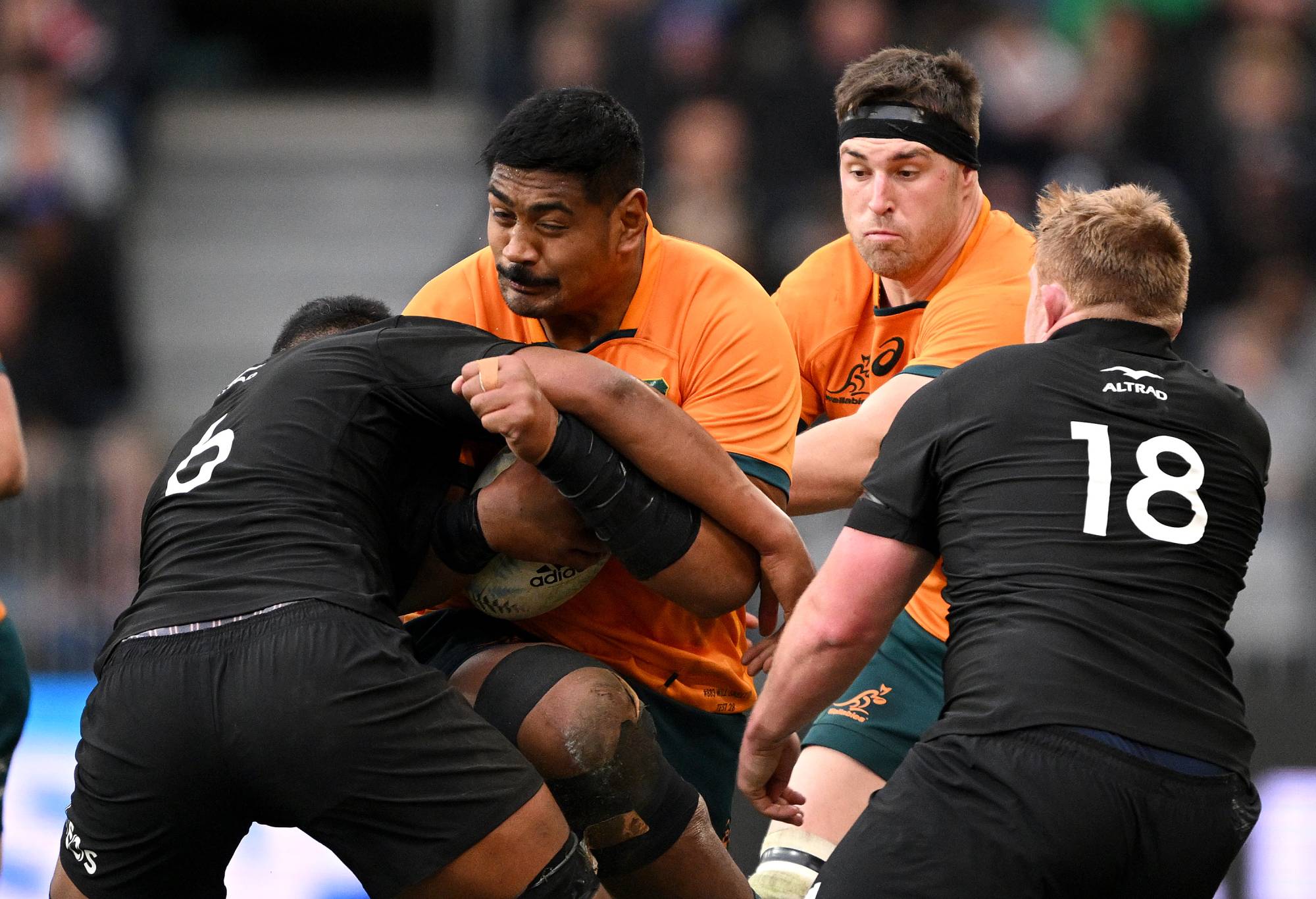
For Schmidt and the Rugby Australia administrators not to recognise the pressure on the 23-year-old’s shoulders and take that into account when assessing his worth this year was an abject failure of talent identification.
Gordon’s ability to attack the line, deliver Stephen Larkham-esque passes and throw himself into contact defensively had him on the path to wear the No.10 jersey for the foreseeable future. It’s what Jones saw in him, even if the young fly-half didn’t deliver it immediately on the international stage.
Gordon’s departure has left Schmidt with few alternatives other than to stick by Noah Lolesio for the Spring Tour.
Lolesio, who is into his fifth year as an international flyhalf, has yet to convince anyone that he’s the short or long-term answer with the Wallabies.
The 24-year-old, who now had 25 Tests under his belt, must start to become a more commanding presence and take the game on. The 25 phases he held back in the pocket late in the second Test in Wellington revealed a man who has yet to learn how to boss his team around and pull the trigger when needed.
To his credit Schmidt has given Lolesio every opportunity to feel comfortable on the international stage by having an extended run in the jersey, but has there been enough development over his five years on the global stage?
Even so, with just four more Tests to be played before next year’s Lions series, it would seem it’s Lolesio’s jersey to lose, especially given Schmidt appears to have looked past James O‘Connor, Cooper, Bernard Foley and even Jack Debreczeni.
Uncapped Tane Edmed is the only other dominant shot-caller in Australian rugby who could come from the clouds to usurp Lolesio because Ben Donaldson and Tom Lynagh aren’t physically ready.
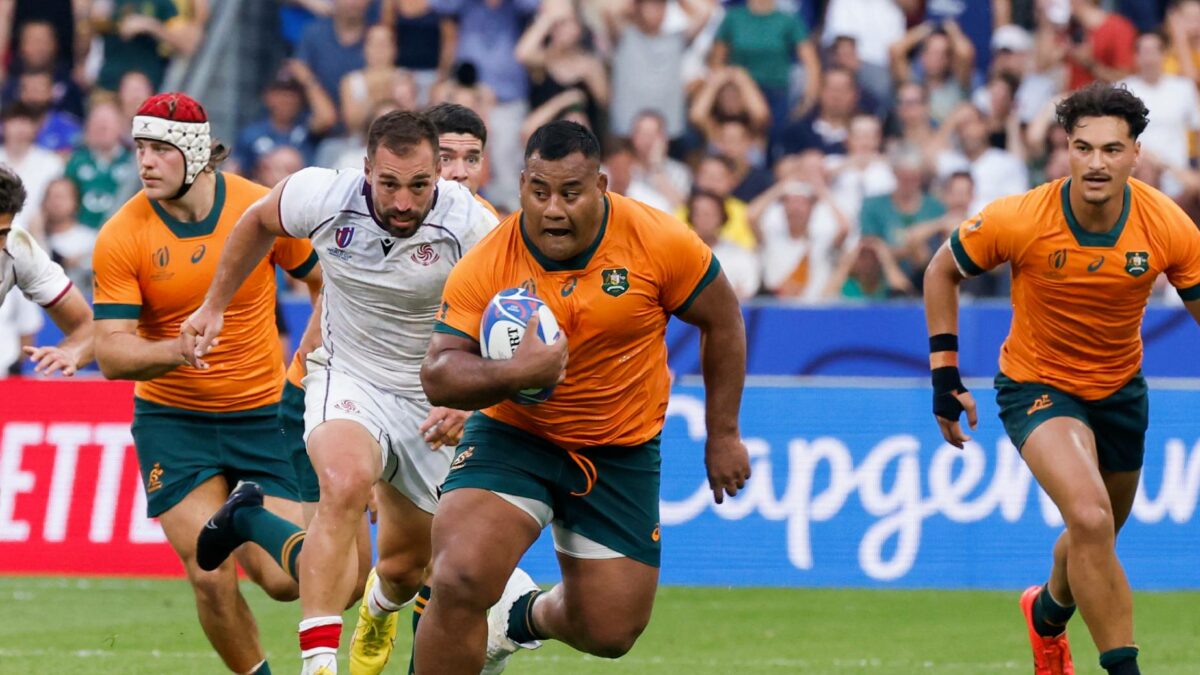
Lolesio isn’t being helped enough by his fellow inside backs, with Hunter Paisami, who was rushed back to feature in the Bledisloe series from an MCL injury, struggling for consistency.
Although the punchy midfielder enjoyed a standout Super Rugby season for the Reds, his inability to transfer his strong domestic form on the international stage reveals the difficult step-up required.
At present, it’s a Samu Kerevi-sized hole and the Wallabies once again have few alternatives.
The loss of the 23-year-old Gordon isn’t the only departure hurting the Wallabies 12 months on from the World Cup disaster.
Nawaqanitawase’s aerial prowess was missed throughout The Rugby Championship while Jordan Petaia’s impending departure is a blow because, as a 24-year-old with two World Cups under his belt, he had a s𝓀𝒾𝓁𝓁 set, even if not yet fully realised, few possess in Australian rugby.
Dylan Pietsch has at least provided some physicality, but the former Australian Sevens star has never been used as effectively in the air despite having the ability to dominate the skies.
Meanwhile, the Wallabies still lack the necessary muscle and big-match experience up front in the second-row department without Skelton.
Holding onto emerging talents like Jeremy Williams and Nick Frost, as well as Tupou, is essential for the Wallabies if they want to grow and develop.
If they don’t, it will be another case of one step forward and another backward because the departures of so many players over the past 12 months, including Gordon’s, have stifled the potential gains the Wallabies could have made at this early point under Schmidt.
